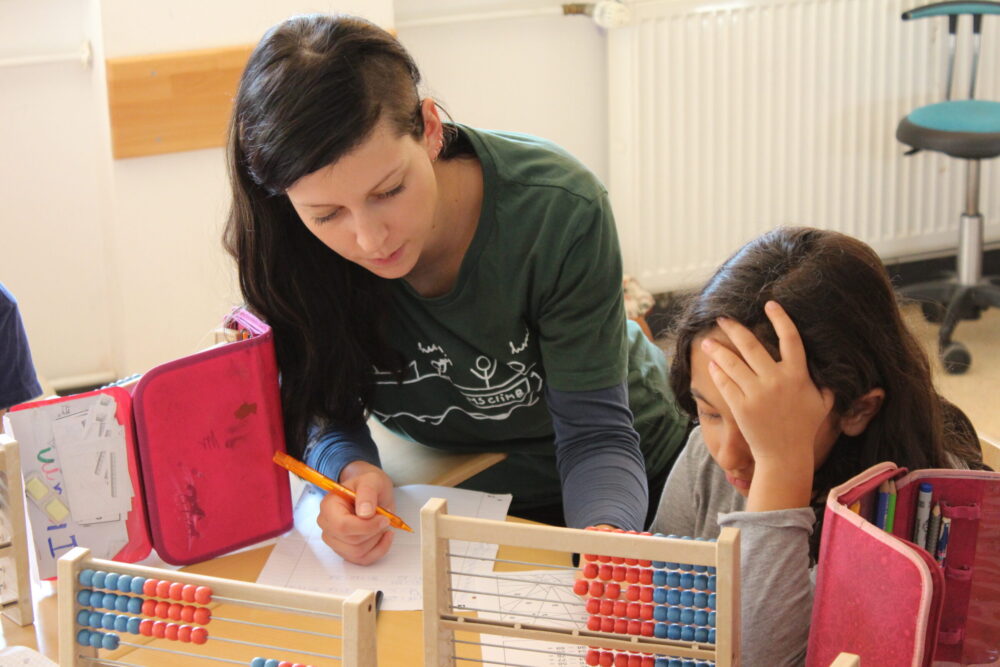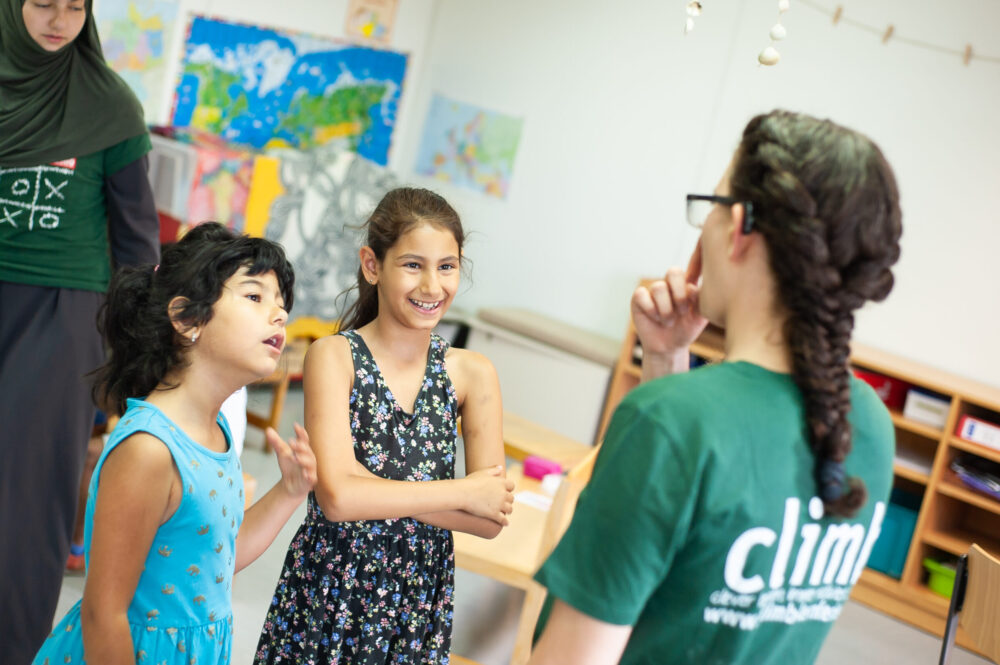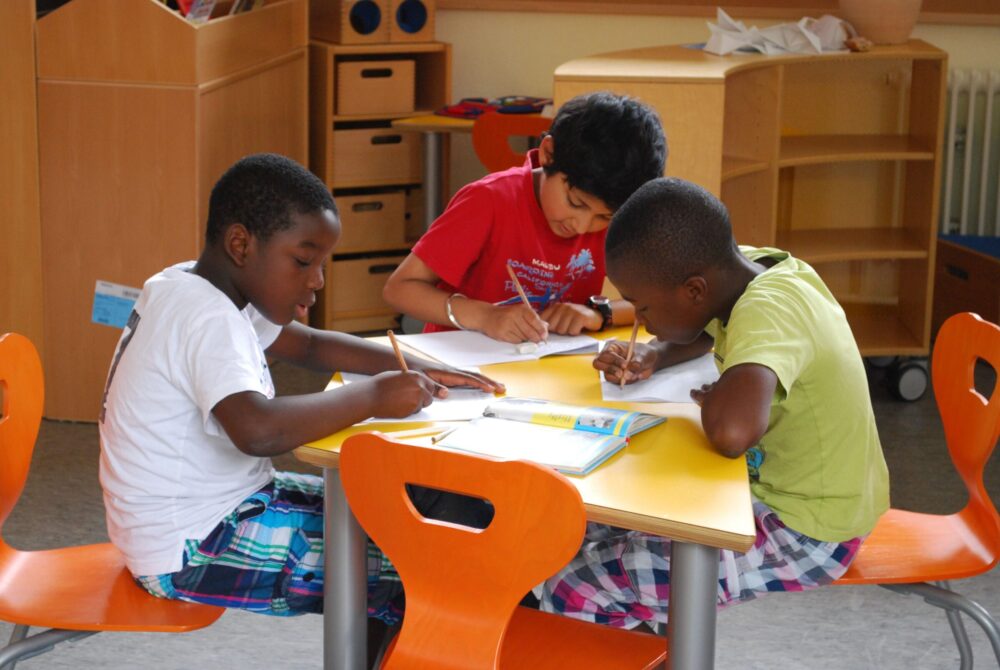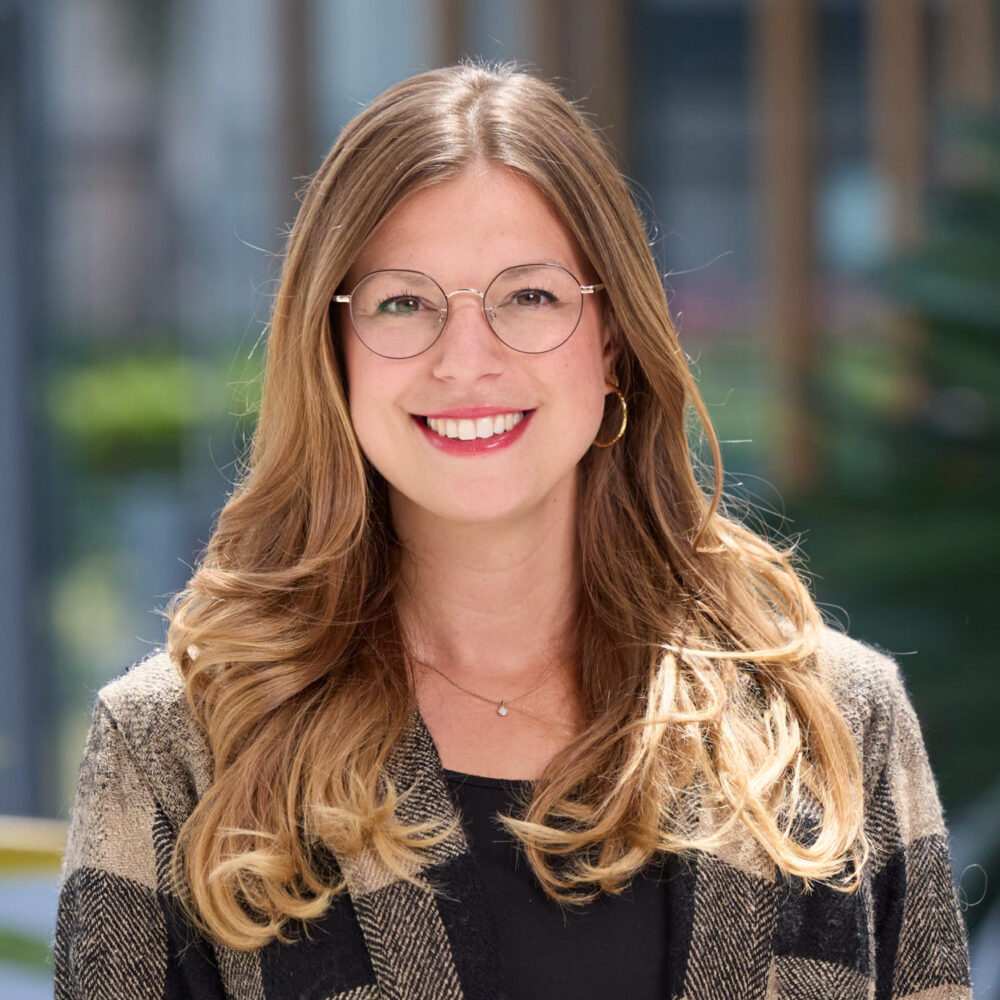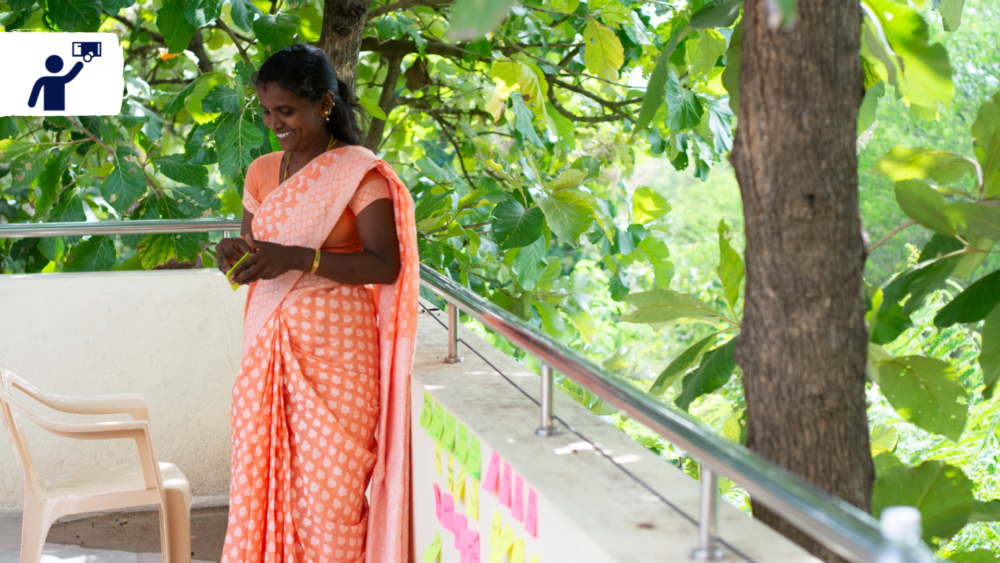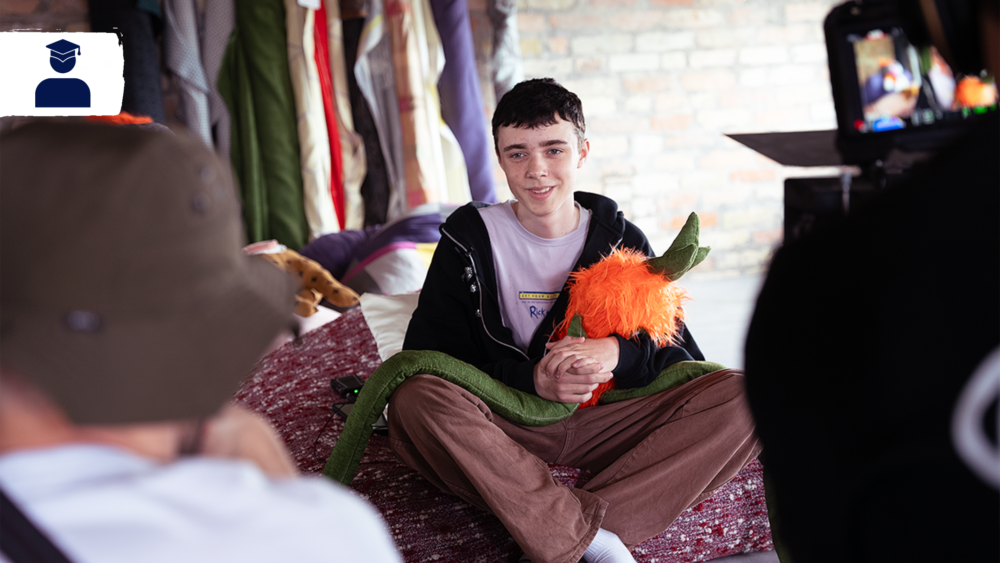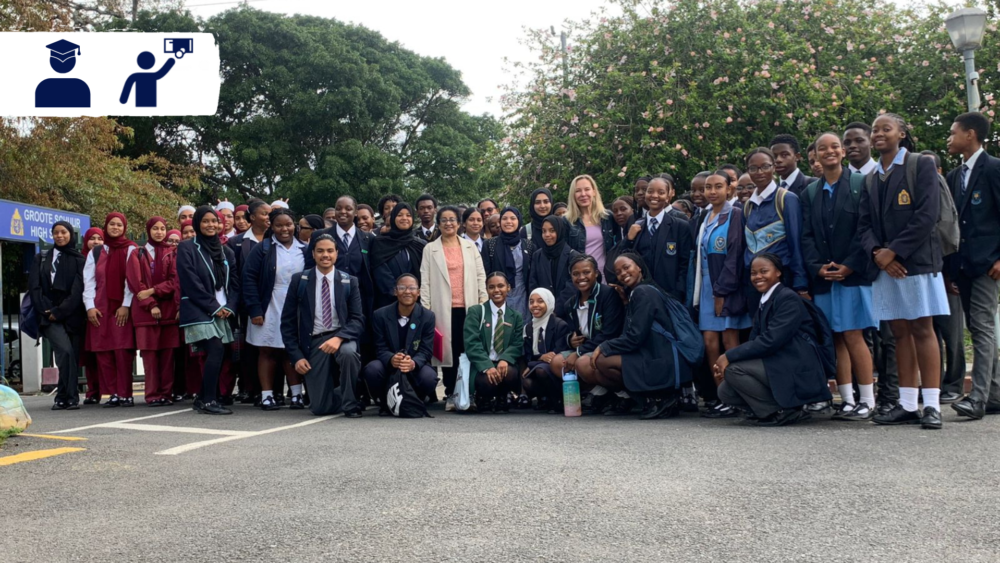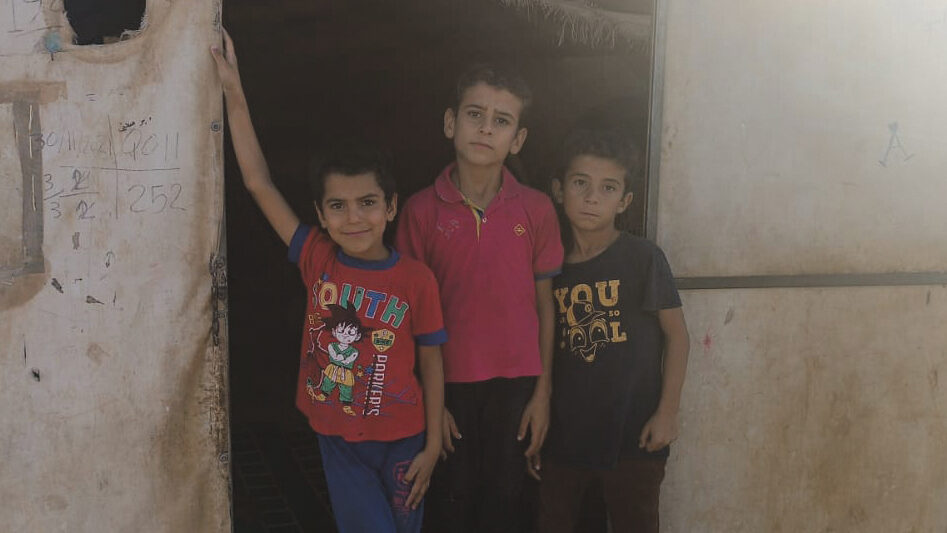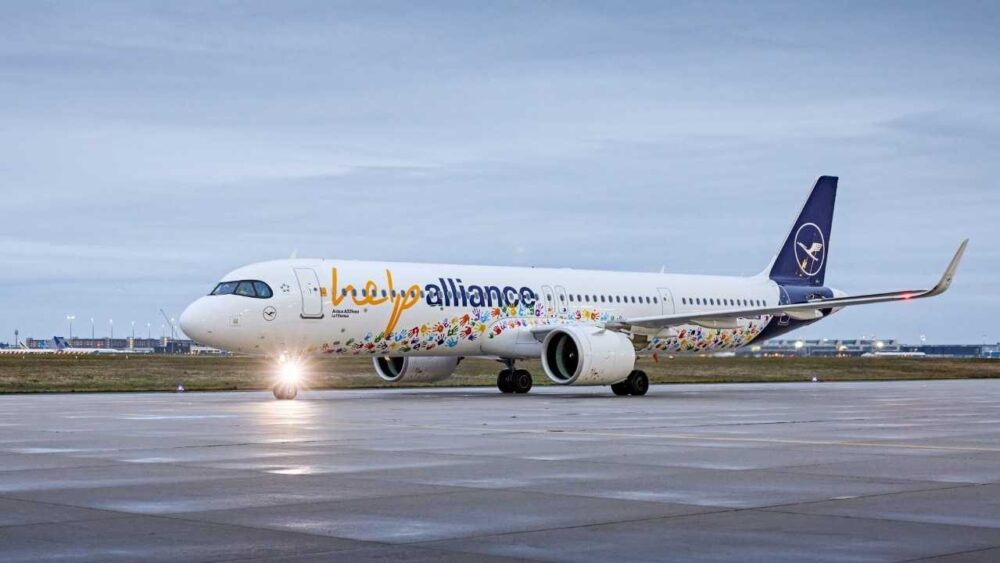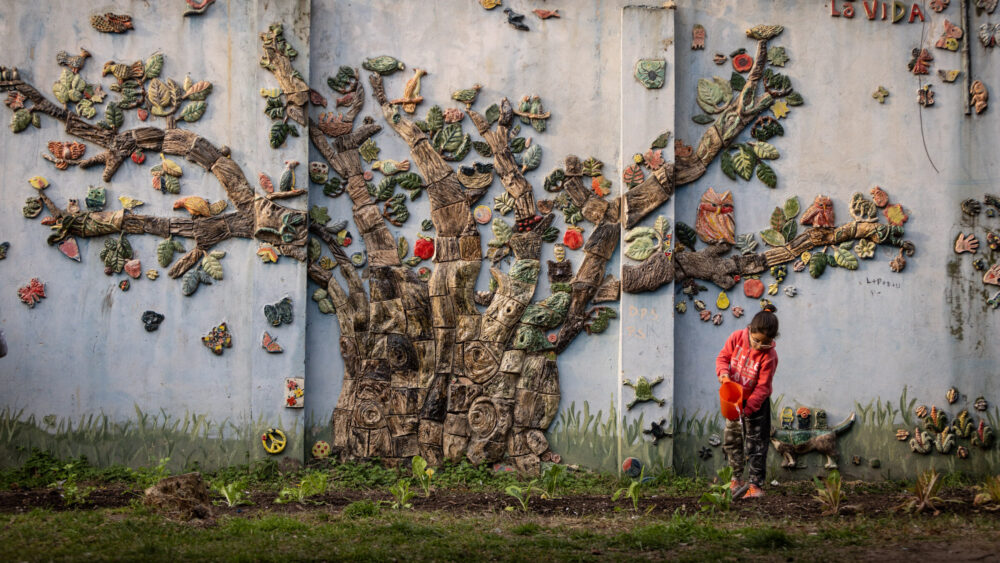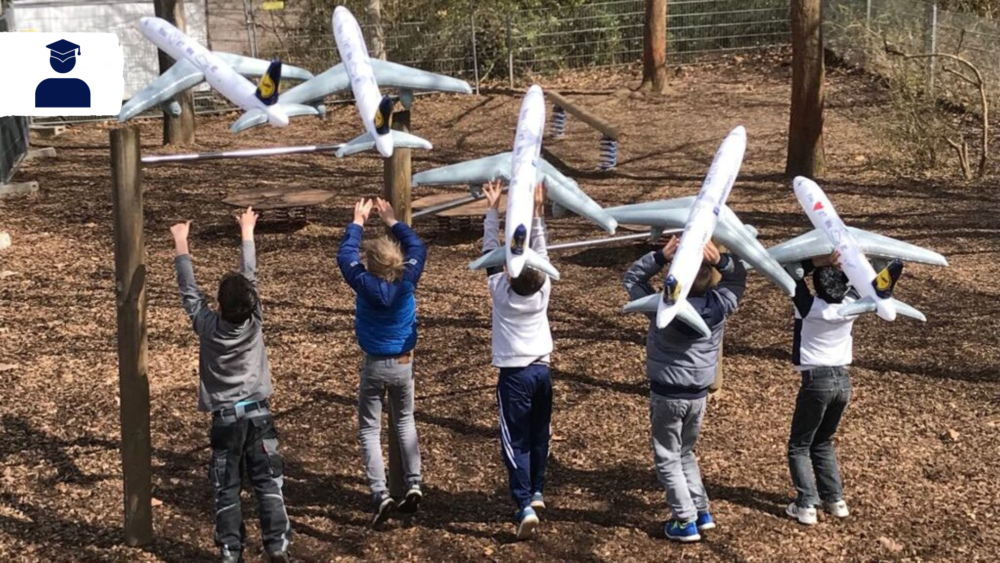
Learning vacations, Germany-wide
In the climb learning holidays, disadvantaged children will be able to transfer what they have learned in school more easily into their everyday lives, discover their strengths and exploit their potential, thus breaking the spiral of educational poverty.
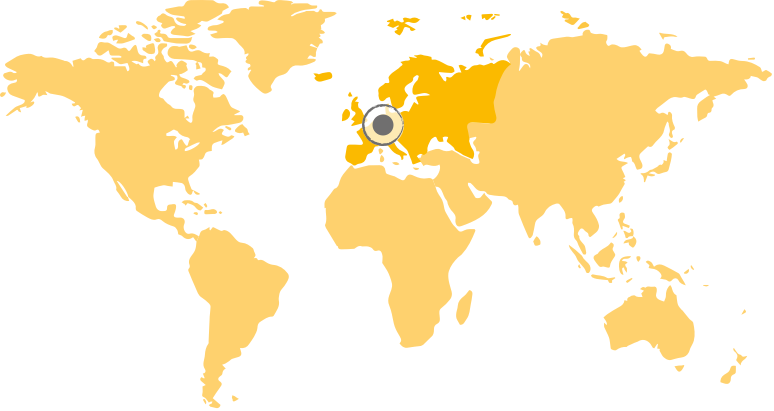
Project Background
In Germany, every fifth child, around 2.55 million children, is affected by poverty. The social background, educational level and income of the parents continue to determine the educational success and thus the future prospects of the children. Young people from disadvantaged families receive lower marks for the same performance than children from more privileged families and less often receive a transition recommendation on the way to the Abitur. As a result, they are more likely to obtain low educational qualifications, which worsens their chances on the labour market and puts them at greater risk of poverty. In addition to unfair access to education, disadvantaged children are often socially isolated. Due to a lack of financial means, they cannot take part in school trips or be active in sports clubs and do not invite friends to their homes because they do not have a place of retreat there or because they feel ashamed. The situation at home has serious consequences for the children: they have a lower self-esteem and often suffer from social or developmental disorders. Without special support and equal opportunities, children from poor backgrounds can rarely escape the vicious circle and often remain poor or at risk of poverty for the rest of their lives.
In the climb learning holidays, disadvantaged children should be able to transfer what they have learned in school more easily into their everyday lives, discover their strengths and exploit their potential, thus breaking the educational poverty spiral.
Target Group
The project is aimed at primary school children between five and eleven years of age. The children come from poor families or families at risk of poverty and attend schools with many challenges in difficult urban districts. Many of them receive Hartz IV or similar state benefits, have a migration background and/or live with single parents. Children from poor families or families at risk of poverty start life with unequal opportunities and require special support – both during school and holidays. Due to their disadvantage and the discriminatory experience often associated with it, children believe less in themselves and their strengths compared to their peers from socially stronger families and can only make limited use of their potential.
Project Goals
In so-called learning holidays, the partner organisation climb inspires children and adults to learn with an educational programme that is unique in Germany, in order to strengthen them for their future life. In school-based learning times and projects, the children discover their strengths, learn with and from each other and discover new places and situations on excursions, for example to the climbing forest. During the ten-day learning holidays, social learning is the main focus.
The aim of the project is to teach primary school children future skills such as self-confidence, stamina, consideration, teamwork, planning and implementation skills through the educational program. During the learning holidays, the children experience smaller and larger moments of success, which encourage them to develop fun in learning and to go to school more motivated after the learning holidays. The activities take place in schools so that the children can transfer what they have learned more easily into their everyday life. What they practise during the learning holidays can then be further improved when school starts again. The project is carried out at the locations Mainz, Hamburg, Mannheim, Bremen and Dortmund.
The innovative teaching methods will help the children to discover their strengths, deal with challenges and develop future skills in a school context. They should learn to deal with their strengths confidently and to make the most of their potential. In this way, the children will become more self-confident and resilient far beyond the learning holidays and will dare to face new challenges. After the holidays, they dare to try out new things and take responsibility for their own educational path. Through better academic success and a strengthened personality, the children have more chances of an equal start in their careers and of escaping the vicious circle of poverty and unemployment.

